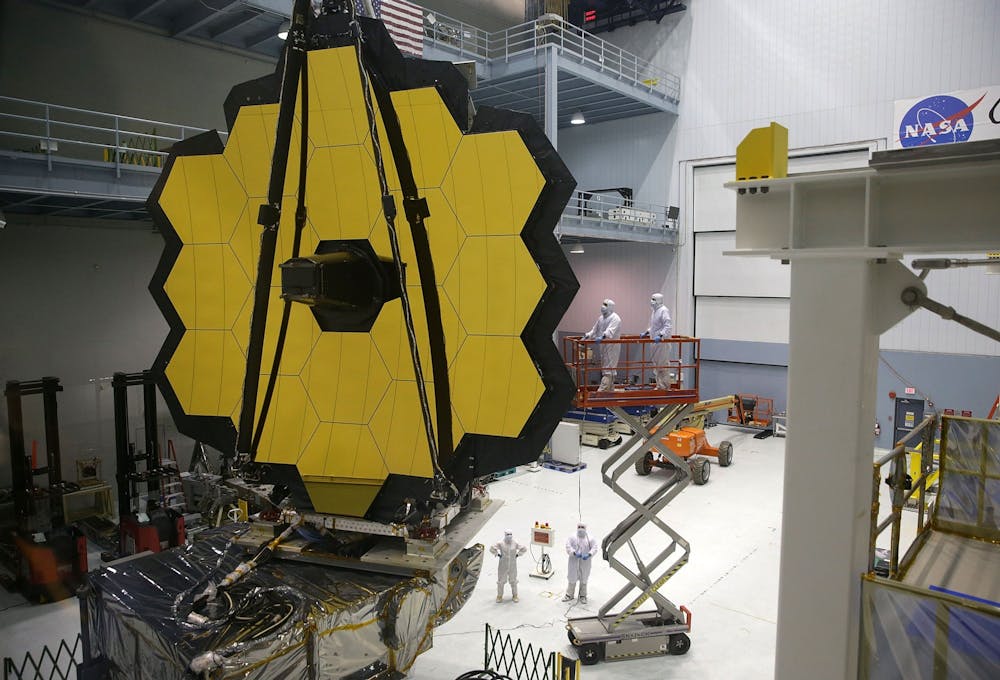Earlier this month, NASA released the first pictures taken from the James Webb Space Telescope. The humbling photos show distant galaxies that are millions of light years away while reminding us of how truly small our planet is in the universe.
In 2020, the U.S. military spending was $766.58 billion. The Webb Telescope took $10 billion and more than 30 years to complete. Can you imagine what a few billion more per year, likely taken from the military budget, would do for the next space telescope?
“At the rate we’re going, the United States will soon cease to be a prime destination of aspiring young scientists from developing nations,” astrophysicist Neil DeGrasse Tyson said in his book "Accessory to War."
More money also equals more high-end equipment that will attract the best researchers. If the scientific opportunities in the U.S. are not offered anywhere else, then it will draw the best scientists the world has to offer.
Investing in science education is just as important as research. The U.S. cannot let other countries surpass the level of academic excellence in its universities because it doesn’t spend enough money.
It is worth noting that students in the U.S. pay much more for university than those in other countries with space programs. The U.S. maintains a small lead in education spending among the major spacefaring nations. Education makes up 4.9% of the U.S. GDP as of 2018, while Russia spends 4.7% and India spends 4.5%, according to the World Bank.
An increase in education funding, especially at the university level, will in turn increase the amount of scientists the U.S. is capable of producing and will help the U.S. to stay competitive with other countries.
We are not in the Cold War anymore. It is not just the Soviets and the Americans fighting for space superiority. Russia and China have both achieved manned space flight. Italy, India, Japan and nine other countries are also capable of completing space missions, according to the world population review.The United States is no longer the only option for those interested in space education and research.
This is consistent with the decrease in funding for American space research. NASA’s share of the federal budget peaked in between 1960 and 1975. During that time, it took up an average of 2.1% of the total federal budget.
Since the early 1990s, NASA’s share of the budget has been steadily decreasing, going from 1.05% in 1991 to 0.48% in 2020 — a more than 50% drop. Can you imagine the kind of scientific breakthroughs American scientists would achieve if they were funded at the rate they were in the past?
Science also holds an overwhelming majority of support in the U.S. Seventy three percent of US adults believe “science has a mostly positive impact on society,” according to Pew Research. Eighty two percent expect to see future scientific discoveries to improve society. Those discoveries will only happen with increased funding and an increasingly science literate society,
The U.S. is in desperate need of technological and scientific advancements. If America wants to stay economically relevant in the post-industrial world, a drastic increase in science education and research funding is necessary.
Carter DeJong is a secular humanist studying journalism at IU.






